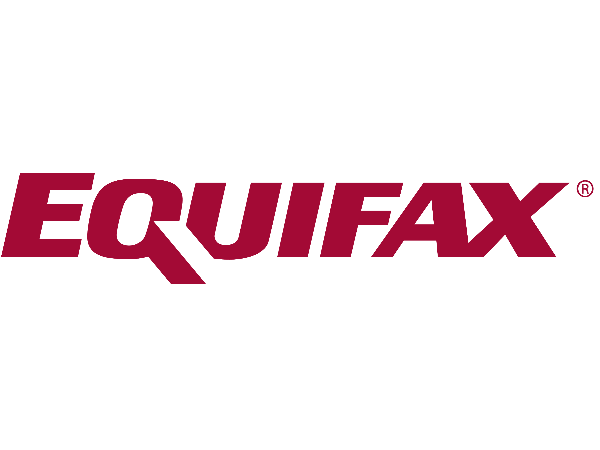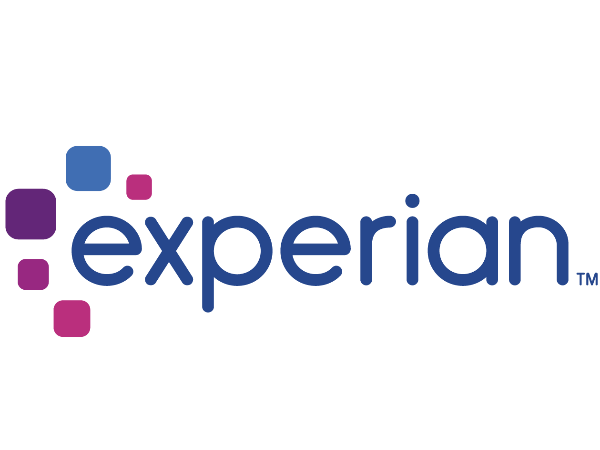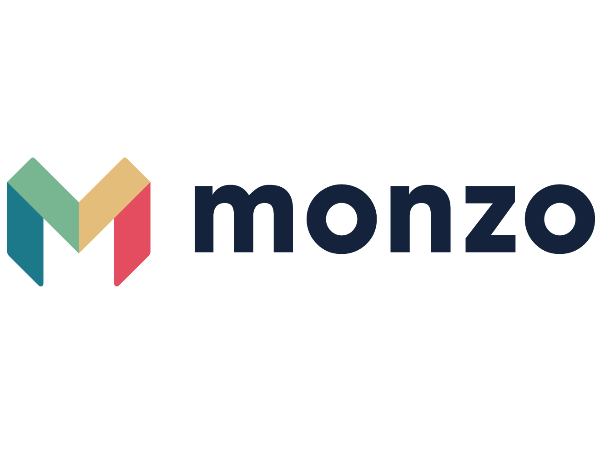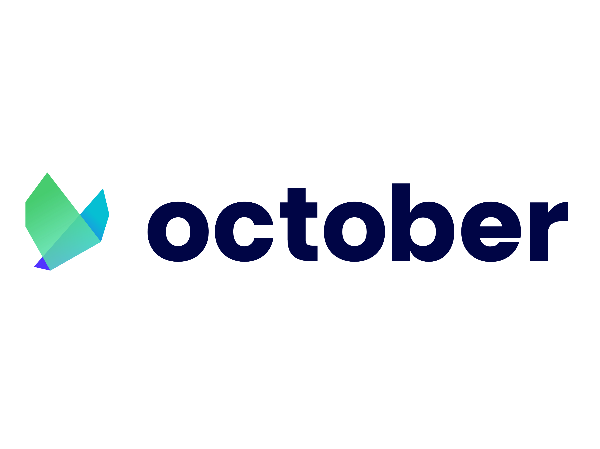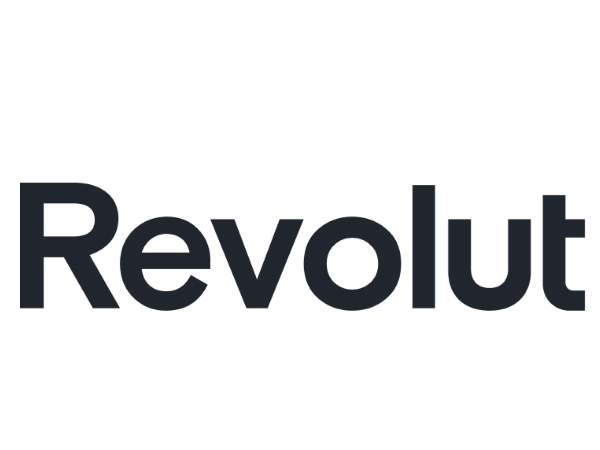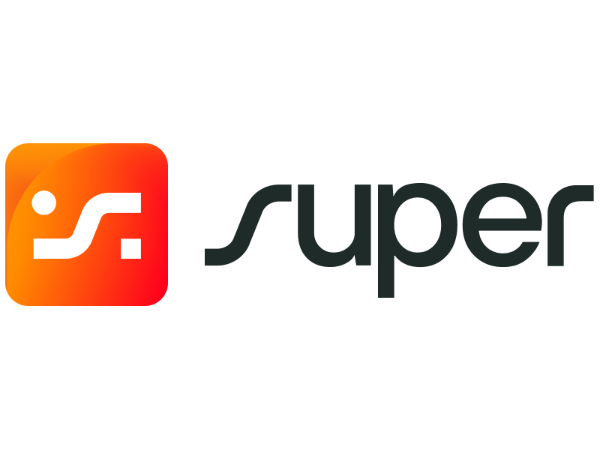Andy Sleigh/ClearScore.
ClearScore’s UK CEO: ‘17 million customers is just the start’
Andy Sleigh is leading ClearScore to become much more than a credit score app.
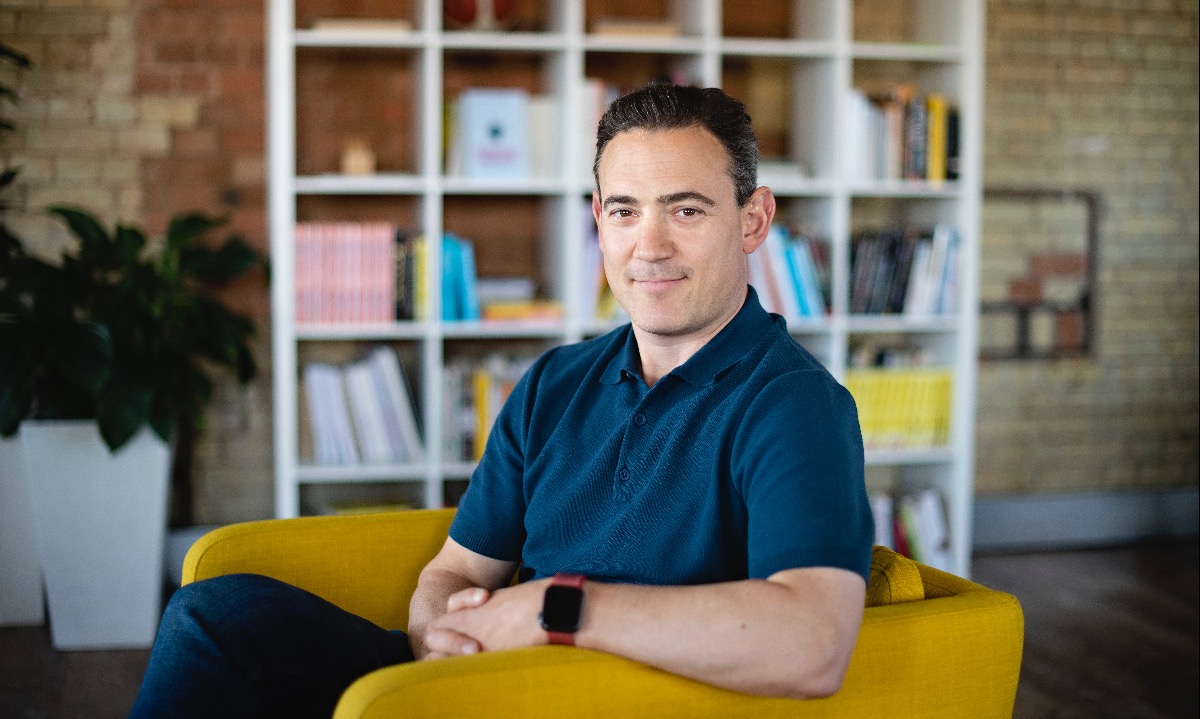
Having achieved profitability in its home market, launched international expansion in Australia and South Africa and reached a valuation of over $700m, ClearScore should be a household fintech name.
And it is, for over 17 million people who use ClearScore every month to track changes in their credit scores for free—a new customer milestone that AltFi can exclusively reveal.
But rarely does ClearScore’s name crop up in the same breath as a Monzo or Revolut, despite the fintech having more customers than both in the UK (Revolut has 20 million customers globally), along with a host of other impressive achievements.
“In terms of the consumer base, I think ClearScore's got to be up there with one of the probably top two or three UK fintechs,” the company’s UK CEO Andy Sleigh explains.
Not that this disparity bothers Sleigh, a former director at Scottish tech success story Skyscanner. No stranger to fast-scaling businesses, Sleigh is already hard at work on ClearScore’s next milestone, 20 million customers, which he hopes to reach “over the next few years”.
If so, it’ll be another phenomenal achievement for a business that was only founded in 2015, was nearly acquired by Experian in 2019 for £275m, and went on to double that valuation by June 2021.
Today ClearScore is evolving again, expanding into more sectors, launching new apps, while continuing to cement its position as the leading free credit score app.
A Snapshot Of UK Household Finances
Sleigh and his team at ClearScore sit in a coveted position, their app placed in between consumers who want to assess their borrowing power and lenders hoping to meet that demand.
With access to over 30 million credit scores and over 1.5 million customers who’ve connected their bank accounts to ClearScore via open banking, the team have granular insight into the current state of UK household finances.
“It's a very difficult time for a lot of people,” says Sleigh, when asked about the impact of the cost of living crisis on the fintech’s millions of customers.
“That said, when you look into what's going on in people's bank accounts, and you compare the data from pre-Covid to today, the number of people in their overdraft and the average bank balance is actually relatively stable.”
The reason is due to the high level of savings built up over the last two years, with many people paying down debt and seeing their credit scores improve as a result of the pandemic.
“I think we're going into a period now where those relationships are going to reverse,” the CEO explains.
Already ClearScore is seeing increasing interest for products like balance transfer credit cards and debt consolidation. “Particularly with the October energy price cap change I think we'll start to see some of those trends accelerate,” says Sleigh.
On the other side of the equation, Sleigh is seeing lenders tighten their affordability checks, especially for consumers who are already at the edges of affordability.
Lending as a whole via ClearScore’s marketplace is still increasing, “we’re still seeing pretty consistent growth”, but the early warning signs are plain to see.
Going Beyond The Credit Bureau
In the midst of change, ClearScore too is evolving.
When Experian’s £275m takeover offer was pulled in 2019, after the UK competition regulator warned such a deal would “stifle product development and impact customers”, it was unclear what ClearScore’s next steps would be.
Co-founder Justin Basini at the time said it would be a “return to Plan A” for the company, focusing on offering financial products and deals to its customers through partnerships with lenders.
Three years on and it seems the failed takeover might’ve been a blessing in disguise, ClearScore remaining nimble to new opportunities.
With its open banking connections, the company last year began offering lenders a whole new way to lend, opening up this alternative data which offers more granular detail on borrowers.
Following a high-profile launch with Shawbrook Bank, which gives better rates to borrowers who share their open banking data, Sleigh reveals ClearScore now has 10 lenders on its platform harnessing open banking data which the CEO believes provides “a significant advantage”.
“They have more timely data and they'll have more holistic data of what's really happening to people's finances.”
Open banking data also diversifies ClearScore’s data, moving beyond credit reference agency data, currently supplied to the fintech by Equifax.
Sleigh admits the adoption and wider use of open banking has been “a slow burn”, but in ClearScore’s experience “it’s now really accelerating”.
ClearScore’s Multi-App Future
Also accelerating is ClearScore’s plan to move beyond being just a free credit score app, Sleigh explains.
“We don't necessarily believe in the concept of a financial Super App,” the CEO says, in opposition to the strategy espoused by Revolut’sNikolay Storonsky.
“Our strategy in the UK is much more of a multi-app strategy… we believe that the best way to deliver what the customers want is to have singular apps that provide value.”
“We want to dominate the finance folder on your phone,” is how Sleigh explains it.
Last November the first part of that strategy fell into place, with the launch of DriveScore, ClearScore’s sister app focused on car insurance.
Similar to the likes of ByMiles or Marmalade, DriveScore tracks a customer’s driving habits and offers better deals for safer drivers, all through a smartphone app and without the need to install any extra hardware like its rivals require.
DriveScore is still fairly nascent, but already viewed as an early success internally, with the CEO clear that this is just the beginning.
“We are looking at a number of other opportunities… watch this space,” Sleigh hints.
To launch more apps, scale its open banking ambitions and reach 20 million customers ClearScore as a business will need to grow. Hiring has continued, despite the recent economic slowdown, increasing the company’s headcount to over 450 staff.
ClearScore’sacquisition of personal budgeting service Money Dashboard in Edinburgh this May will also form the basis of a “new tech hub” in Scotland, with over 100 new hires planned.
“Something that we plan to talk more about in the future is Scotland being a big part of our growth.”
Watch out Skyscanner, there’s another fast-scaling startup in town.

